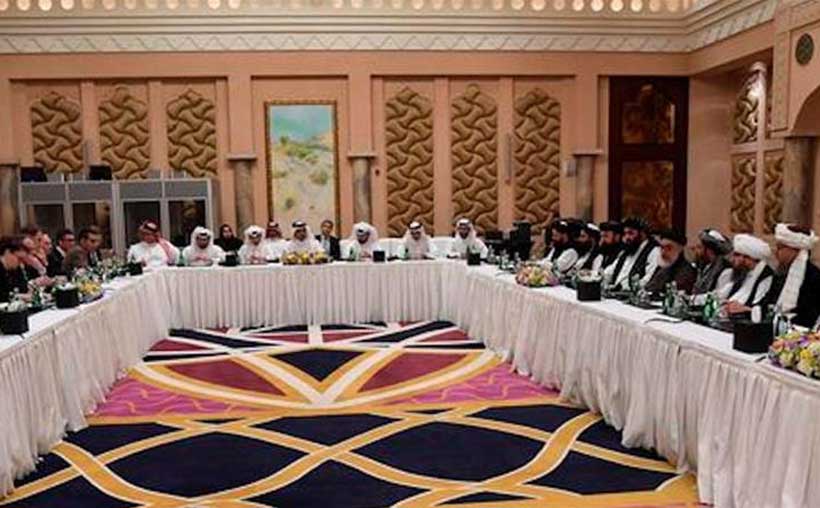Joe Biden-Administration is preparing its new policy on Afghanistan. White House readout following a phone call by new national security adviser Jack Sullivan to his Afghan counterpart Hamdullah Mohib on Friday is Washington’s intention to review the February 2020 US-Taliban agreement.
Democrats or Republicans, there is complete consensus that the Afghan-War is un-winnable and there should be an end to it; the sooner, the better. There might be differences, how to end, the terms and conditions, post-war guarantees, etc., it is well understood that War is not an option anymore.
The US has spent an estimated about US dollars one trillion. The acknowledged loss of troops is more than 2,300 deaths and around 20,660 soldiers injured in action. However, the estimated figures are much higher than this. Afghan causalities are even unimaginable high. Afghan War is a net loss of wealth and human life, either on the Afghan or American sides; the net loss is to humankind and must be averted.
Pakistan being the neighbor country and frontline state ally with the US has suffered an estimated 80,000 precious human lives and an economic loss estimated at US Dollars 250 Billion. Pakistan is a paid heavy price in Afghan-War and became the worst victim of the Afghan-War; it is the only country with the highest loss than any other ally.
Based on the above facts, Pakistan is the first country, wanted Peace in Afghanistan and an early end of War. As a matter of fact, unstable Afghan is a significant hurdle in developing all neighboring countries and the region. Afghanistan is situated at a crucial juncture at significant trading routes, connecting East-Asia, South Asia, Eurasia to the Arabian Sea. All neighboring nations and regional powers are victims of the Afghan-War and desire an early settlement.
Afghan-peace is a common point between Pakistan and the US. It is expected that based on the convergence of interests, President Joe Biden Administration will review its South-Asia policy. Pakistan has played a positive role in Afghan-peace and has played the role of facilitator for the Doha negotiations.
Pakistan was a close ally with the US during the Cold War and a frontline state with the US on its War on terror. The US establishment knows well that as long as Pakistan was a close ally, it has protected the US interests and guaranteed American interests well protected in the region. The US achieved its strategic goals in the region with the support of Pakistan. This fact is even better acknowledged by the deep state and military establishment in Washington.
Pakistan may be a comparatively small country with an ailing economy, but it is one of the most resilient nations, brave and courageous. Its geostrategic location makes a big difference for big powers. Pakistan possesses all capabilities to play a pivotal role in the region, as its connections, major trading routes, and connecting Africa, Europe and Middle-East, Eurasia, East Asia, Central Asia, etc.
Pakistan is the only country that understands Afghans well. We share mountains, rivers, cultures, traditions, language, religion, tribal system, and shared destiny. Pakistan is in a very well position to contribute to Afghan-Peace.
Pakistan is willing to play all possible roles in achieving peace and stability in Afghanistan and in the whole region. Pakistan has learned a bitter lesson and concluded that War is not an option; Pakistan will not be part of any war anymore but will be a proactive partner with any nation in any peace initiatives.
It is the right time that US-Administration exploits the convergence of interest to make permanent peace in Afghanistan. It requested that policymakers, scholars, think tanks, intellectuals, politicians, and peace-loving individuals ensure that the opportunity for peace is not missed. The youth must especially understand and proactively play their part in achieving peace and stability around the globe.


